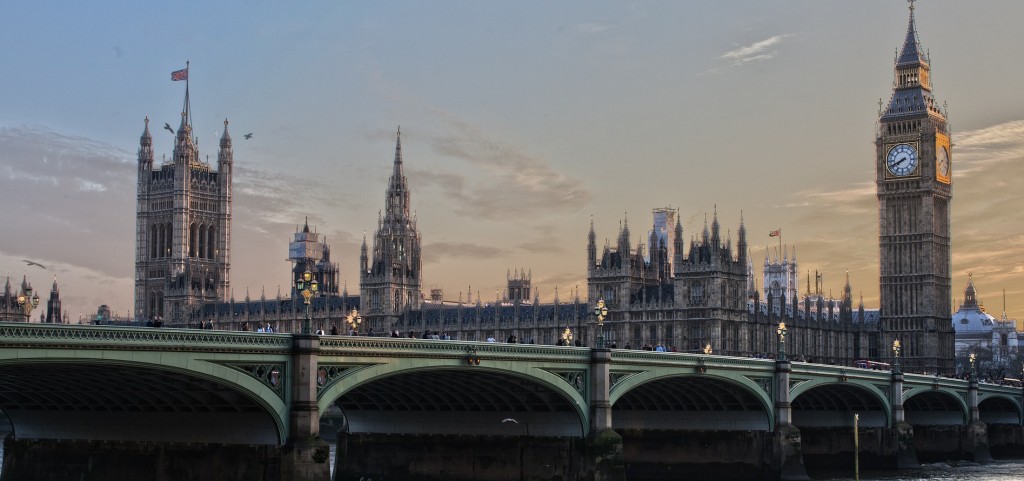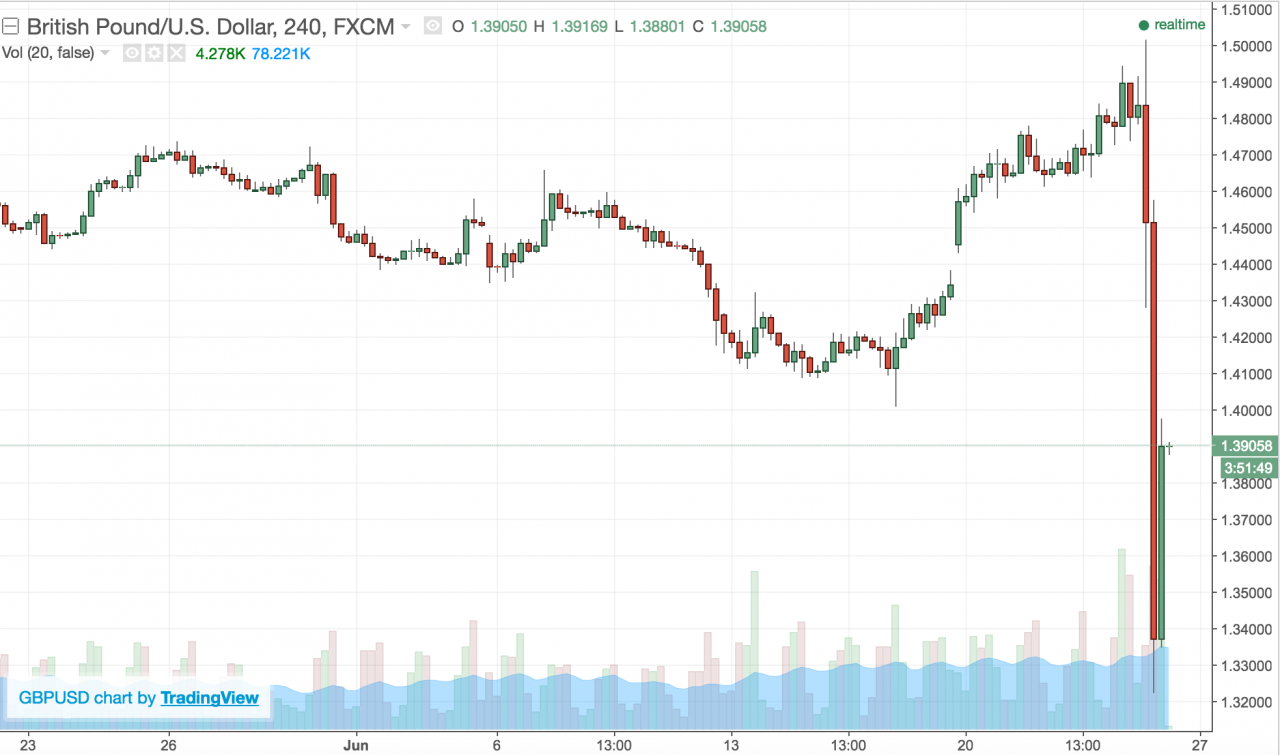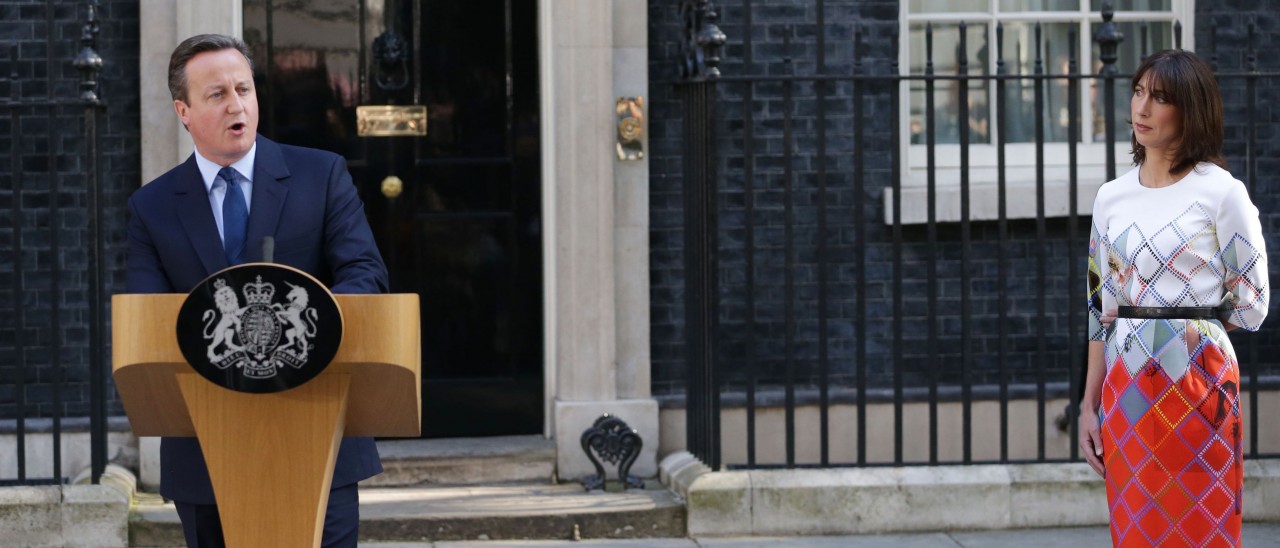
Would EU believe it? Britain votes to leave the European Union. So, what happens now?
So there it is. Brits woke up today to an extra-large helping of Brexit. No, that’s not a breakfast cereal. It means that they've voted to leave the European Union. But what does that mean for the country?
It’s complicated of course, and there are lots of political and economic possibilities following the vote to leave. The result was very close, with around 52% voting to leave and 48% to stay. So how do things stand for…
… The financial markets
Overnight the markets have been freaking out quite a bit. The value of the pound has fallen massively. It started the night worth $1.50, but this morning it’s worth just $1.35. That’s the biggest fall since 1985, much more than even in the financial crisis of 2008. It’s not very good for people buying goods from abroad, because they’ll be 10% or so more expensive. The opposite is true for businesses selling to other countries, as they’ll be selling the products more cheaply, which means more goods get sold. The question is whether this will last, or is only temporary. Only time will tell. In response the is to make £250 billion available to banks just in case.

… People’s pockets
The markets are one thing, but what about people’s pockets? Well, for anyone going on holiday, it’s not great because they’ll have to pay more for their foreign currency. Longer term it’s difficult to say. It depends on the kind of trade deals that get made. There was talk of a ‘Brexit budget’ in which more austerity measures would be introduced, but this could have been a threat. Remain campaigners said that most families would be £4000 a year worse off, but it looks like people haven’t bought that argument. Check out this BBC guide to the likely impact of Brexit on household finances.
… Expert opinion
Pretty much all the ‘expert’ opinion said that leaving would be damaging for the British economy. But what’s happened is that the people have given the experts a bloody nose. They simply didn’t buy what organizations like the International Monetary Fund (IMF) and the Bank of England said. Many think, that these seeds were sown in the 2008 financial crisis when most of the experts failed to predict what happened. A case of ‘what do they know?’
… Trade
There’s kind of two choices here. Become like Norway, still a member of the European Economic Area, which would mean a more favorable trading environment, but that would still mean the free movement of people and having to contribute cash to the EU. Given that those two things were what many who voted leave were voting against, this will be contentious. The other option is to trade with the EU under the rules of the World Trade Organization like America or any other country. Many economists think this won’t be as good for the British economy. Here’s a few of the options.
… Scotland
Different parts of the UK have voted very differently. Wales was out. But the whole of Scotland voted to remain in the EU, whereas most of England voted to leave. It’s very likely that Scotland will hold another referendum, which could then potentially break the UK apart, ending 400 years of union.

… Politicians
This is a huge win for Nigel Farage, leader of the UK Independence Party and one of the leaders of the Leave campaign. The opposite is true for Prime Minister David Cameron, who has announced he’s stepping down by October, saying he no longer thinks it’s right for him to be the "captain that steers our country to its next destination." That probably means the end for Chancellor of the Exchequer George Osborne too... and people are already starting to speculate about the future of Labour party leader Jeremy Corbyn.
… Lindsay Lohan
Lindsay Lohan has been loving it, live tweeting the whole thing...
...Economics
To a lot of people, this referendum is yet another example of an economic decision that's debated in language that's difficult to grasp, full of predictions that are next to impossible to get your head round. When extreme forecasts of recession and economic disaster are being talked about on both sides of the debate, it's hard to know who to trust (we went for Zoltar, seaside mystic and renowned economic forecaster.) We went to Southend last week to find out how people feel about the debate – here's what they said.
So what happens now?
Right now, nothing. It will take a period of two years for Britain to actually leave. Before that process starts, the British government have to invoke what’s called Article 50 to begin the withdrawal. That could happen anytime in the next few months. In the meantime, the political fallout will become clearer. Economically, it’s very much a case of keep calm and carry on.



